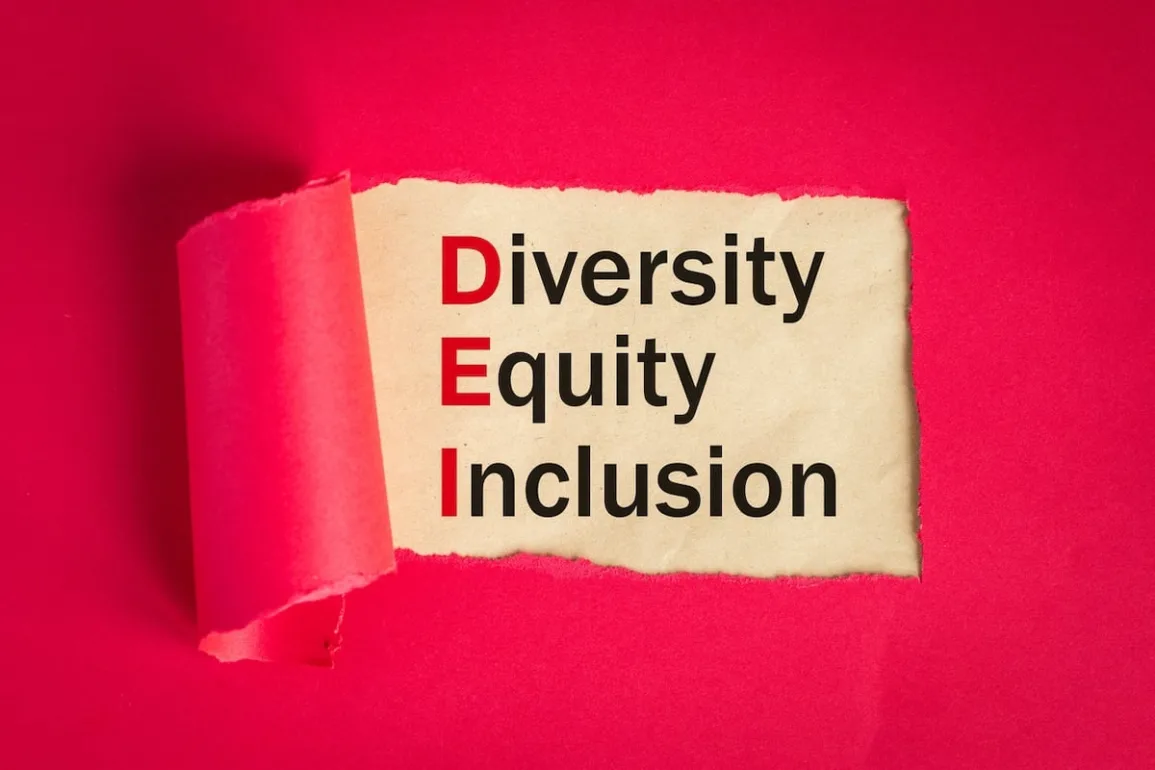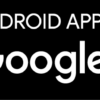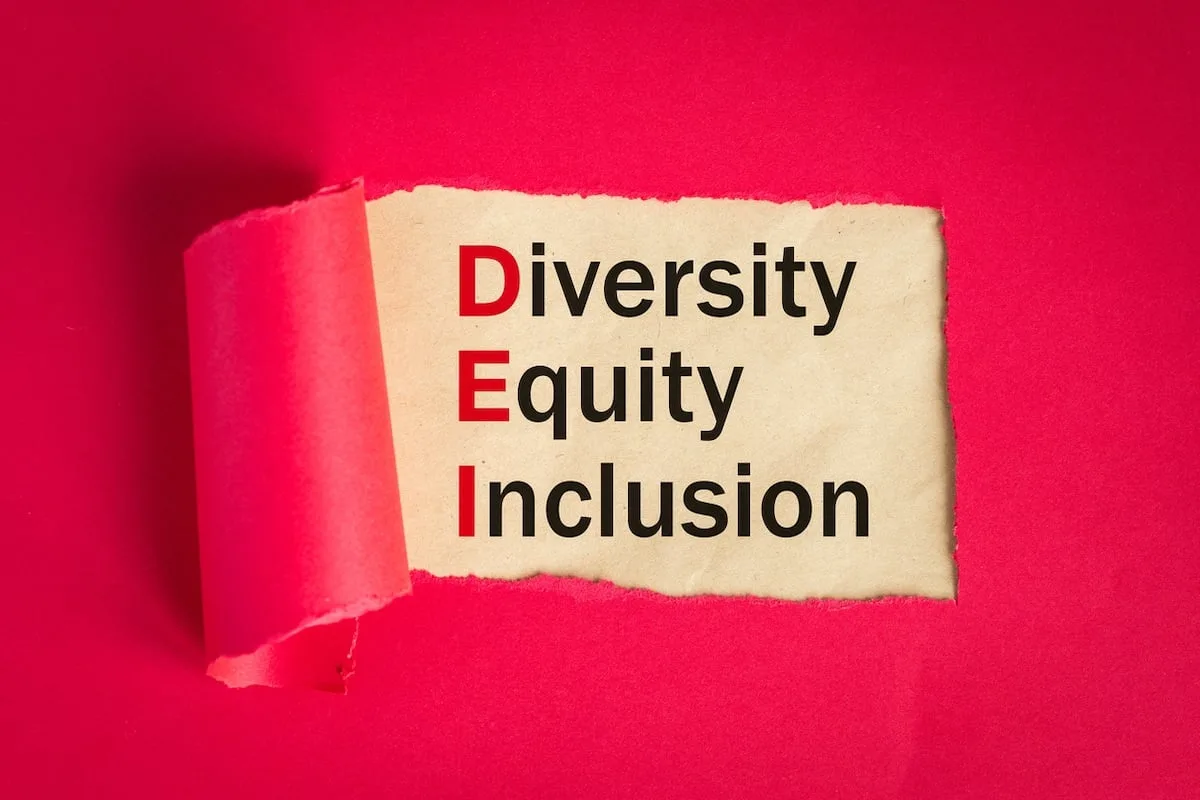
July 13, 2023 – Realizing the advantages of diversity in the workplace can result in greater productivity, profitability, and team morale. It can also lead to a reduced rate of employee turnover for your business. Diverse workplaces employ people who represent a wide range of ages, races, backgrounds, languages spoken, sexual orientations, abilities (physical and mental), gender identities, and nationalities. By expanding your hiring practices to attract more candidates from diverse backgrounds, you can enhance the way your business functions and make your company more appealing to applicants, according to a recent report from Indeed.
As an African American partner at H.I. Executive Consulting (HIEC), Ken Wilcox notes that diversity, equity, and inclusion is a subject that is near and dear to his heart. “Having served as a C-suite executive for several years and at multiple Fortune 500 companies, I can personally attest to the reality that the world of opportunity (not handout) hasn’t historically been set up for people that look like me,” Mr. Wilcox said. “For far too long, African Americans have struggled to fit in to corporate America. So much so that, at time of this writing, there are currently only six African American CEOs of Fortune 500 companies.” Additionally, a 2021 review of top companies by the Washington Post found that only eight percent of C-suite executives are black, although African Americans account for about 12 percent of the total population.”
“Thankfully, albeit at a slower pace than should be, times are changing,” Mr. Wilcox said. “Not just for African Americans, but for other ethnic minorities and those that may also have been discriminated against in the past due to their gender, age, sexual orientation, disability, socioeconomic status, or religious beliefs. DEI is a subject that is finally gaining resonance throughout the globe. And for good reason. Having a diverse workforce and an inclusive environment brings a myriad of economic and social benefits to an organization.”
Mr. Wilcox says that diversity, equity, and inclusion is a conceptual framework that promotes the fair treatment and full participation of all people, especially in the workplace, including populations who have historically been underrepresented or subject to discrimination because of their background, identity, disability, etc.
Going Beyond Lip Service
To be effective and long lasting, DEI shouldn’t just be done for popularity, or to be seen to be doing the right thing. “It needs to go beyond lip service and come from a place of genuine understanding,” said Mr. Wilcox. “All too often, DEI has been treated as a check the box exercise. HR teams have been instructed to ensure that a set quota of certain candidates is put forward for each role and they think that is enough. Yet, in many ways this does more harm than good.”
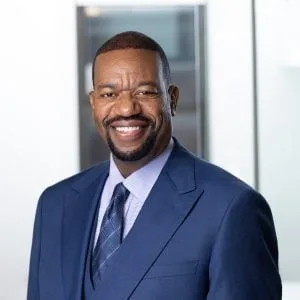
Ken Wilcox is a partner in the consumer & retail practice at H.I. Executive Consulting (HIEC). He has well over 30 years of experience including substantial periods with some of the world’s best-known brands including IBM, Campbell Soup, Pepsi-Cola, Frito-Lay, Quaker Oats, Tropicana, Gatorade, and Borden Dairy. This diverse group of businesses has given him a diverse range of experience in the consumer products space, with a strong emphasis on sales, sales strategy, sales planning, operations, marketing, and general management roles.
Mr. Wilcox cites the book, The Waymakers: Clearing the Path to Workplace Equity with Competence and Confidence, in which author Tara Jaye Frank says the following about equity: “Equity – technically defined as fairness and impartiality – is an uncomplicated idea with a very complicated root. It acknowledges that there have been more barriers for some than others, heavier burdens, higher standards, and increased risk.”
“For DEI to become ingrained, a cultural shift is needed top to bottom,” said Mr. Wilcox. “Only when organizations move to a company-wide and human-centric approach can they properly tap into a diverse talent pool that is able to better compete on a global stage.”
Garner More Allies – Not Enemies
CEOs are often frightened of getting DEI wrong. “I get that,” Mr. Wilcox said. “No one wants to be cancelled for taking a chance. Whilst CEOs may not always get DEI right first time, if they go into it with the right reasons and attitude, they will garner more allies than enemies. People respect authenticity. Whilst authentic leadership is a much-overused phrase, there is no doubt that it can inspire trust and foster a positive work environment.”
Related: What It Takes to Lead on DEI in 2023
Mr. Wilcox’s main advice to CEOs is to seek to understand rather than be understood. “When a leader seeks to understand, they ask the right questions,” he said. “When they only want to be understood, they make statements. The former makes a CEO far more empathetic and curious, which are key components of emotional intelligence and the definition of a great leader today.”
Don’t Miss the Mark
Corporations have often missed out on top talent for too long by way of discrimination, whether consciously or otherwise, according to Mr. Wilcox. “A change is needed,” he said. “A diverse outlook and experience at the executive level is proven to deliver enhanced performance, as well as offer both economic and social benefits. While race may dominate the diversity agenda, particularly here in the U.S., considering gender, background, education, values, self-expression, and ethnicity (to name a few) to ensure equal opportunity are all important.”
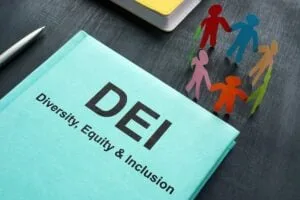
How DEI is Impacting How We Recruit and Retain Talent
Until recent years, executive recruiters would often speak about sourcing candidates who seem to be a good “culture fit” for an organization. The idea behind it was that potential hires who were aligned with the look and feel of the existing culture would easily assimilate into it, and would require less time to ramp up and be productive. There was also, perhaps, an underlying feeling that candidates who were a good “culture fit” for an organization would be less prone to “rock the boat,” suiting the needs of upper management. Looking back, those notions seem antiquated because recruiting strategies based around them resulted in hiring people who looked, spoke, and acted like their soon-to-be colleagues, according to Candace Nortey, managing director of DEI at Slone Partners.
Mr. Wilcox also says that while businesses are waking up to the benefits of a diverse and inclusive workforce, the requisite corporate structures to harness this talent pool are often missing. It is important that the CEO has people from all backgrounds around them to ensure that they can truly welcome, support, respect, and value all individuals and groups. “By doing so, it becomes a positive, self-perpetuating cycle,” he said.
A Cultural Shift
“At HIEC, we believe we have a part to play,” Mr. Wilcox said. “We always ensure we assemble diverse search teams from a variety of global locations for every assignment. This fosters creativity and offers clients a rounded perspective. We also arrange unconscious bias briefings for decision makers, review client evaluation practices to ensure fair assessment, and collaborate to assemble diverse internal project teams to minimize bias. We have never had more requests for diverse and inclusive candidates than we do now. It feels like a real cultural shift. But, as I’ve been prone to say, the proof is in the pudding. It is important not to lose the momentum that has been built.”
HIEC is a global transformational executive search firm founded in 2007, focused on hiring transformational board, CEO, and senior-level executives globally for digital focused clients. The firm operates across 13 offices in North America, Europe, Middle East, and Asia-Pacific.
Related: Navigating the Road to Diversity
Contributed by Scott A. Scanlon, Editor-in-Chief; Dale M. Zupsansky, Managing Editor; and Stephen Sawicki, Managing Editor – Hunt Scanlon Media


